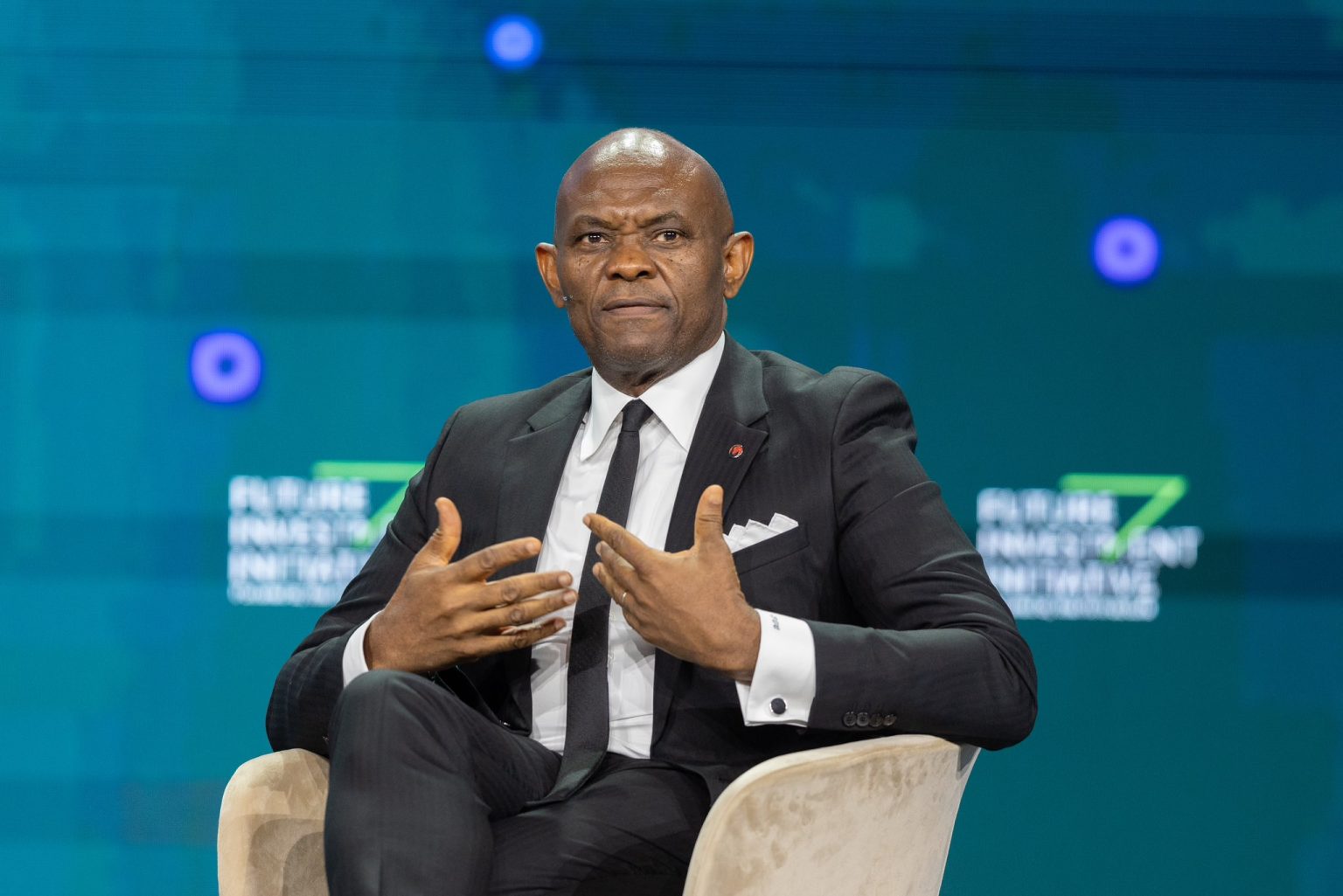African philanthropist and business leader Tony Elumelu is set to make Africa’s transformative economic growth, youth employment, and energy transition key topics of discussion at this year’s United Nations General Assembly (UNGA) in New York, taking place in late September.
Elumelu will call for urgent action during several high-profile engagements, including a roundtable discussion at the Clinton Global Initiative with former U.S. President Bill Clinton and an event co-hosted by the World Food Programme (WFP) and the Tony Elumelu Foundation (TEF). The latter will be led by WFP Executive Director Cindy McCain.
Drawing from his extensive experience building industry-leading businesses across Africa and the success of the TEF’s youth empowerment programs, Elumelu will highlight the continent’s critical challenges. With more than 60% of Africans lacking access to electricity and young people making up over 60% of Africa’s 1.3 billion population, he aims to raise awareness of issues that have global implications.
“I have often said that there is nowhere else in the world you can reap the kind of investments as in Africa,” Elumelu remarked recently. “However, I am acutely aware of the fundamental challenges our continent faces. Addressing sustainable economic growth, youth unemployment, gender inequality, and Africa’s energy transition is critical not only for development but also for achieving the Sustainable Development Goals and unlocking Africa’s immense economic potential.”
On the sidelines of the UNGA, the United Bank for Africa (UBA) will host a networking gala to highlight investment opportunities in Africa. The event will gather prominent global leaders, marking UBA Group’s 75th anniversary and its 40 years of operations in the U.S.
As Chairman of UBA and Heirs Holdings, Elumelu is a leading advocate for Africa’s transformation, offering innovative strategies for collaboration and growth. His leadership of the Tony Elumelu Foundation, which promotes youth entrepreneurship as a path out of poverty, has been featured in case studies by Harvard, Chicago Business School, Stanford, and Cambridge.



